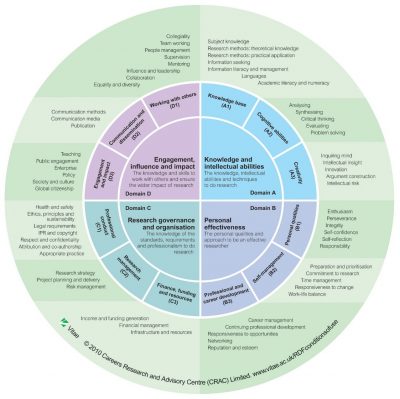By Katalin Eve Koller, Ph.D. Candidate, and CFICE Aligning Institutions RA
Community-Based Research Canada recently hosted a webinar featuring Sophie Duncan, Deputy Director of the United Kingdom National Coordinating Centre for Public Engagement (NCCPE-UK). Sophie’s talk proved of great interest to the work of the CFICE Aligning Institutions for Community Impact (AICI) working group, introducing the history and status of the country’s Beacons for Public Engagement project, a national initiative launched in 2008 to inspire culture change in how UK universities engage with the public.
The NCCPE-UK defines public engagement as:
the myriad of ways in which the activity and benefits of higher education and research can be shared with the public. Engagement is by definition a two-way process, involving interaction and listening, with the goal of generating mutual benefit.
The Beacons initiative was conceptualized in 2007 by the Higher Education Funding Council for England (HEFCE) in response to a perceived breakdown of public trust in scientific research. HEFCE is the body that funds and regulates universities and colleges in England. In partnership with HEFCE, the Wellcome Trust and Research Councils UK contributed funding to support the initiative, keen to learn how public engagement could be embedded into the culture of post-secondary institutions (PSIs).
This work was informed by the UK Charter for Science and Society, which was the result of government-sponsored consultations on the relationship between research and the public. The Charter was intended to guide the development of a national strategy on public engagement in research and outlined three principles in the following areas: strategic commitment; implementation and practice; and evaluation and impact.
The Beacons project responded to the Charter by funding six ‘Beacons’ – university-based collaborative centres that support, recognize, reward and build capacity for public engagement work – and creating the NCCPE-UK to act as a national coordinating body to its twenty-three member universities. The project has flourished since 2008, inspiring several shifts in how research capacity is generated, how research impact is measured and funded, and how PSIs institutionalize public engagement.
Generating Research Capacity
The Researcher Development Framework (RDF) is an empirically-driven professional development framework for researchers and their supervisors to plan, promote and support career, life and professional development. It was created in recognition of the need for a new approach to how the UK builds its workforce, research capacity, and research base. The key characteristics of excellent researchers are organized into four domains and twelve sub-domains that represent the intellectual abilities, techniques, knowledge and professional standards to conduct quality research, as well as the knowledge, personal qualities and skills required to work with others and contribute to the wider impact of research. Aside from the RDF graphic below, a planning application and online course, as well as other materials, have been developed to assist researchers in applying the tool to their personal needs.
Measuring & Funding Research Impact
Another key shift has taken place at the level of research funding. In the UK, PSIs are awarded ‘quality-related research funding’ (QR) in the form of an annual block to support the development of their research infrastructures, while smaller funding grants for specific projects and programs are available through governments, charities, and research councils. QR funding represents 65% of total funding in higher education and the weight of the evaluation metrics used to allocate it have recently been realigned to recognize the importance of public engagement, with universities now assessed for their impact on the non-academic community at twenty percent (20%), with traditional outputs now weighted at only sixty-five percent (65%), and environment at fifteen percent (15%).
Institutionalizing Public Engagement
The NCCPE-UK has also worked with the Beacons to develop a self-assessment tool to assist PSIs in evaluating their current level and areas for improvement related to public engagement. The EDGE tool anchors the key aspects of embedded public engagement in higher education across nine key dimensions ranging from communication and leadership to learning and recognition. The nine dimensions are organized into three categories to motivate discussion and encourage reflection: Purpose includes embedding goals for public engagement into the mission and vision of the university, and championing it through all communications. Process involves investing in systems to facilitate involvement, maximize impact, and ensure quality. Finally, People recognizes the importance of having staff, students, and the public involved at all stages, utilizing their knowledge and expertise to inform the public engagement strategy. Support for using the EDGE tool can be found here.
Thank you to Sophie and Community-Based Research Canada for such an informative talk. For more information, you can watch the complete webinar here.

